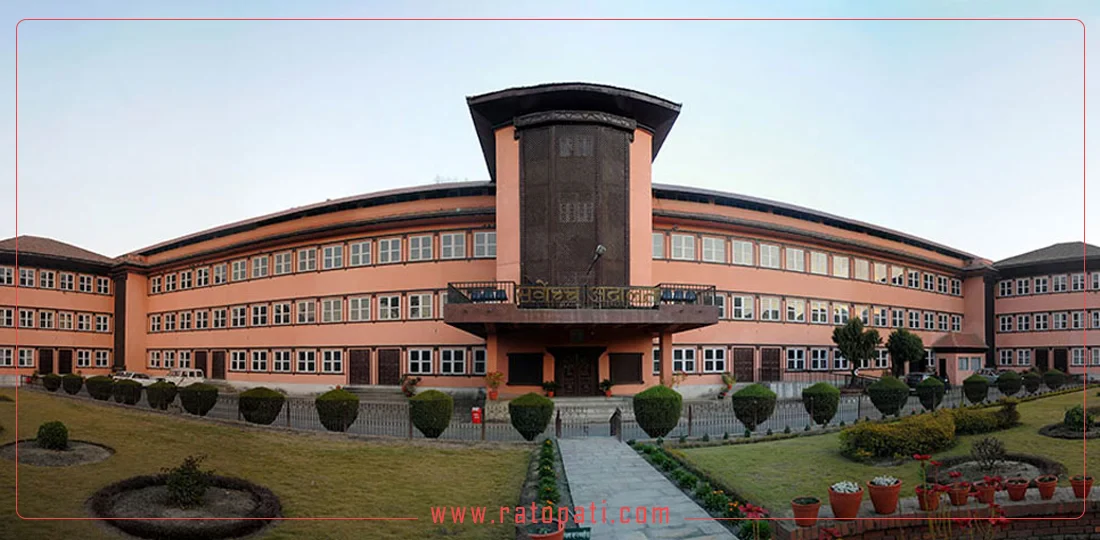SC issues interim order to restore pension of former IGP Rana

Kathmandu, December 2 — The Supreme Court has issued an interim order in response to a writ petition filed by former Nepal Police Inspector General Om Bikram Rana, who was convicted in the Sudan scam case. Rana had challenged the suspension of his retirement pension, and the court has ordered that the pension not be stopped until the final decision is made.
The bench, comprising Justices Kumar Chudal and Abdul Aziz Musalman, issued the interim order, instructing the Commission for the Investigation of Abuse of Authority (CIAA) not to enforce its letter that had led to the suspension of his pension. Rana had filed the writ petition in the Supreme Court on July 2024, after his pension was halted.
Following a double hearing on Monday, the Supreme Court directed that Rana's pension should not be stopped until a final decision on the case is reached. The Sudan deal, which occurred during Rana's tenure, involved the purchase of goods under questionable terms, leading to allegations of corruption. The Special Court and the Supreme Court had found Rana and other involved officials guilty of corruption.
In 2011, the Special Court convicted Rana and some officials for corruption related to the Sudan deal. The court sentenced them to two years in prison and imposed a fine of NPR 17.6 million. After some individuals were acquitted, the CIAA appealed to the Supreme Court. On April 2017, the Supreme Court upheld the decision, confirming the conviction of Rana and others, although it reduced the fine from the Special Court's ruling. The Supreme Court set the fine at NPR 50,000.
The corruption case involved the payment of NPR 28.8 million for substandard materials for security forces. The CIAA filed a corruption case against three former IGPs and a contractor, Shambhu Bharti, among 36 others. The Supreme Court convicted them, including Rana, who served as the IGP from 2006 until his retirement in 2008.
Rana, who retired in 2008, had already received a pension at the time of his conviction. Even though he was exempt from imprisonment, he continued receiving his pension. However, the CIAA had written to the Pension Management Office, instructing them not to pay pensions to individuals convicted of corruption. Based on this letter, Rana's pension was suspended, leading him to file the writ petition.
According to the details provided by the Pension Management Office, Rana originally received NPR 16,540 per month at the time of his retirement. This amount has increased to NPR 49,068 per month due to the progression of pension benefits, and he has already received a total of NPR 6.5 million since his retirement.
Rana’s petition refers to a provision in the 2014 Police Regulations that states that employees convicted of corruption and dismissed from service are not entitled to any benefits other than their provident fund and insurance. However, the regulations do not specify what happens to pension entitlements for employees who have already retired. While pensions can be stopped for employees who are convicted of corruption while still in service, there is no law for retirees who had already begun receiving their pensions.
The CIAA argued that those convicted of corruption should not receive pensions, leading to the suspension of Rana's pension. However, after the Supreme Court’s interim order, Rana will continue to receive his pension until a final ruling is made.





Leave Comment